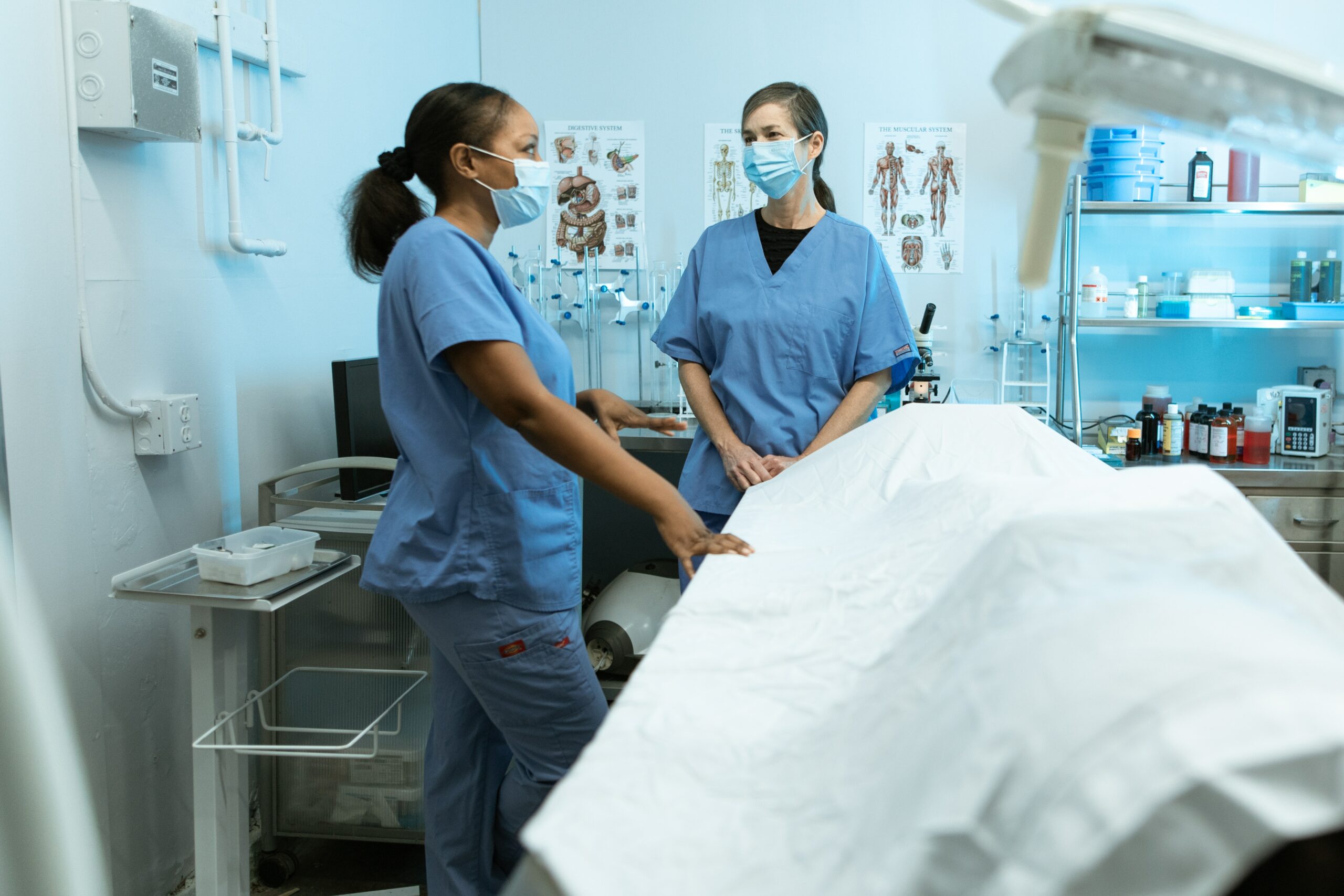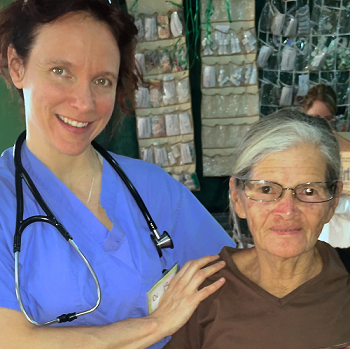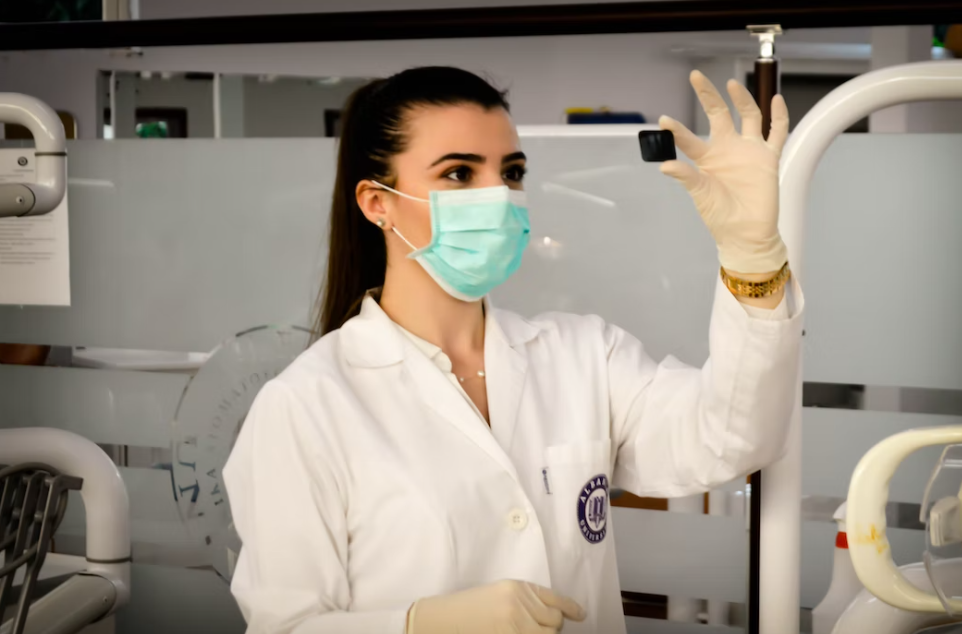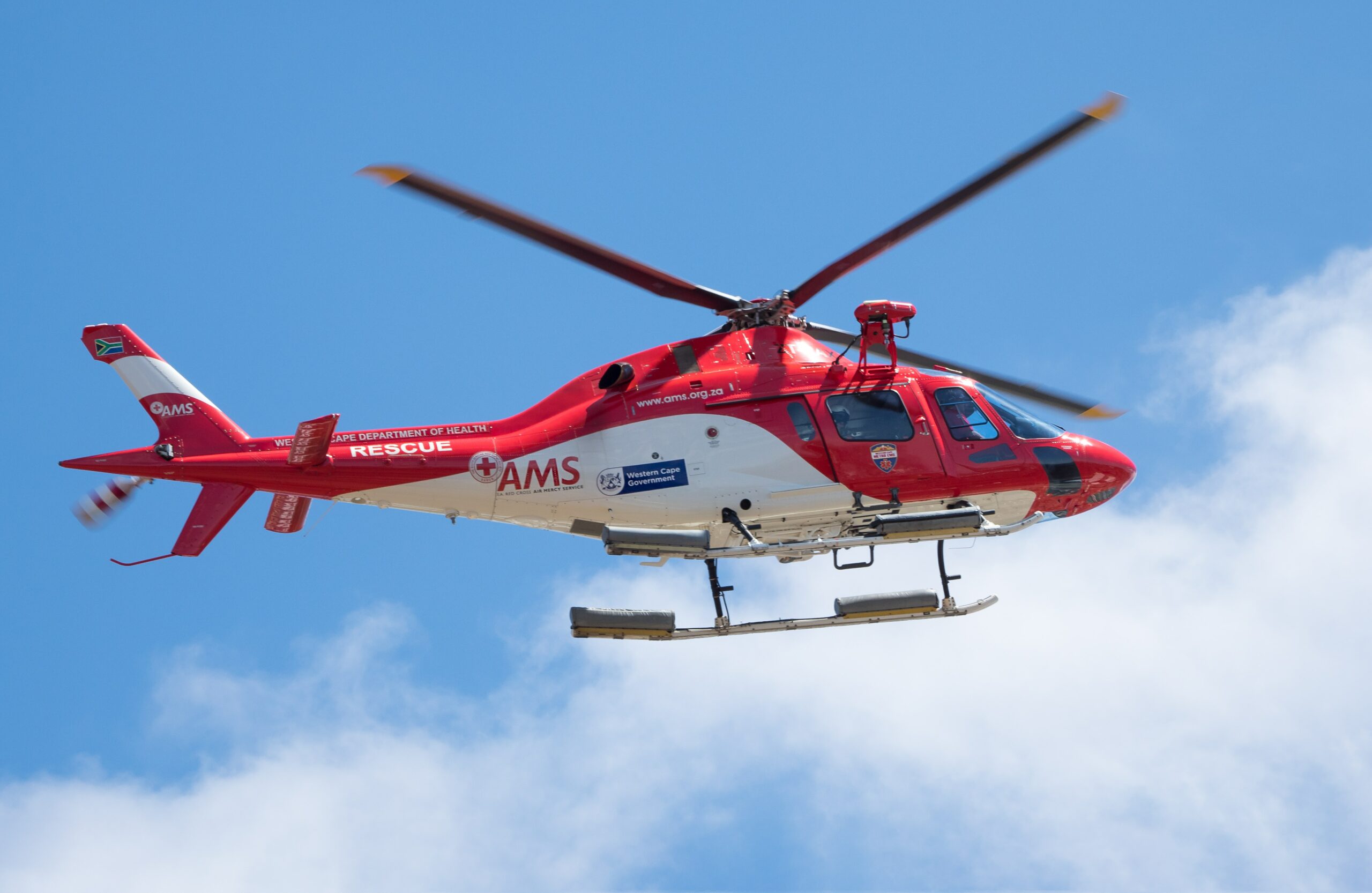nursing
Tag5 Stress Relieving Tips for Nurses
Being a nurse requires a great deal of patience, compassion, and resilience to care for patients who are often in pain or distress. However, the demands of the job can also take a toll on a nurse’s own mental and physical health. According to a su…
Preparing Yourself for Your First Paid Nursing Internship
During your nursing education, you’ve gained a lot of theoretical knowledge and you’ve likely had a chance to complete your practicum, which is important for learning practical nursing skills. However, it’s a great idea to gain additional experien…
Skills That Translate to Being a Quality Nursing Leader
Most people don’t go into nursing for the career mobility. There is room for promotions here and there, but for many, the work remains consistently the same for the entirety of their careers. And yet some nurses feel the pull to advance their care…
What Nursing Practices Result in Ideal Patient Care?
In nursing school, you learn how to deal with various ailments and situations. But there is a human element to the job that is difficult to learn in a classroom. How do you treat not just the condition, but also the person suffering from it?
Reco…
What to Know Before Switching to a Telehealth Career
Telehealth has seen consistent growth in popularity over the last few years. But, the biggest “boom” came during the COVID-19 pandemic. At first, it was out of necessity as medical professionals worked to keep patients safe and protected. However,…
Top Medical Certifications to Have As a Nurse
You have worked hard in college to obtain your degree. You’ve spent the last few years gaining invaluable on-the-job experience. Now, you have reached a point in your nursing career where you want to set the stage to move up the ladder. However, …
What Kind of Relationship Does a Nurse Practitioner Have with Patients?
It’s hard for outsiders to understand exactly what nurse practitioners do. You can come across them almost anywhere. Doctors’ offices, hospitals, and in each setting, they have different responsibilities. So what kind of relationship does a nurse …
Why Healthcare Professionals Need to Take Health Advocacy More Seriously
The United States healthcare system is extremely complex. Even people who work in the field might not fully understand all the systems involved with delivering and paying for healthcare. This is a major problem since the average patient might not …
Is it Worth Pivoting Your Career to Travel Nursing?
As a professional working in the healthcare industry, there is no shortage of routes you can take as a medical worker. This is especially true for those in the nursing profession. For nurses, there is a multitude of advanced nursing careers you ca…
What It Takes to Be a Crisis Nurse
Nothing is quite right beneath the granite sky. Here, the remnants of a family home splashed onto the curb with utter indifference. There, a business, shuttered before the storm but now only barely standing anyway. Sirens flash. The wind licks up …










